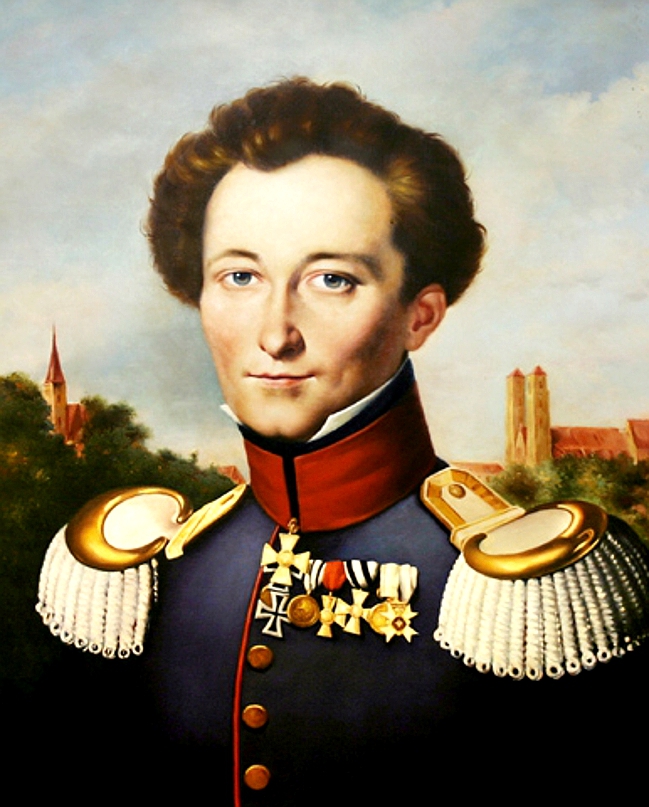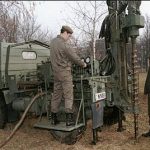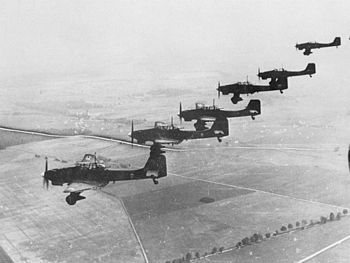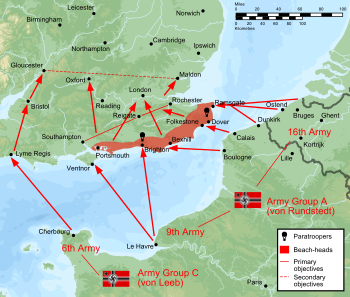Objectives form the basis of game play in megagames. I’d like to start here by reminding you of three things:
- The British Army’s master principle of war;
Selection and maintenance of the aim is the master principle of war
- Clausewitz‘s most cited quote;
War is the continuation of politics by other means
- the British Olympic rowing team mantra
“will it make the boat go faster?
These are all totally relevant to success as a megagamer (and in life).
Selecting Objectives

First you need to know what your objectives are. In megagames this is often in your briefing, which is why you should read the briefing thoroughly before the game.
Even if you’ve got a crystal clear objective for the megagame you still need to pay attention to Clausewitz. This is because you will need to set objectives for other people in the megagame. Those objectives need to be framed so that they help you meet the strategic objectives in your briefing. You don’t want to directly share those with anyone other than control.
There are some key questions to ask when you set objectives:
- Is the outcome I want clear?
- How will I know when this objective has been met?
- Have I specified when I want it achieved?
- Is it realistically achievable?
- Could someone wriggle out of it?
Military operations must be subordinate to your team’s political objectives. Don’t go to war unless you are clear what you gain from it. A fun day at the map isn’t quite good enough.
As political or higher command players you may be aware that you need to keep the whole team involved. However don’t be constrained by the casting or the size of teams. You can reassign players from what you hope will be a quiet front to a busier one. So long as you make sure to clear it with control beforehand.
Balance of activity for players is a well known problem for operational megagames. Many of these feature planning games at the start to help solve this.
Even if you can’t rearrange the teams you can control resource allocation, boundaries and other tasks. You should use this to balance workload across the players. You also need to ensure that they all know what part they have to play in the grand plan.
If you find yourself as the second staff officer on the lowest level of player team you can still suggest this to others. Ask the questions so that you have clarity. Write the orders for the NPC units in this way too.
Achieving Objectives
Once you have objectives this is much more straightforward. You need to apply a very simple test to everything that you do. Ask “Will this help me achieve my objectives?” If the answer is no, then do something that will.
The other side of the coin merits attention too. Look at what can stop you achieving your objectives. For each thing that can get in the way work out how to mitigate it, or turn it to your advantage. If there is a player involved then go speak to them to enlist their help (volunteer to help them, offering something is easier to get accepted than asking for something).
Allies, within and across teams, are the way to be successful. Megagames are usually constructed in a way that lets most people achieve at least some of their objectives. You need to work with others to persuade them to let you help achieve their objectives in a way that also achieves yours.
There’s no substitute for engaging with the enemy more closely (and the closest enemies are often in your team).













One thought on “Objectives – Megagame advice”